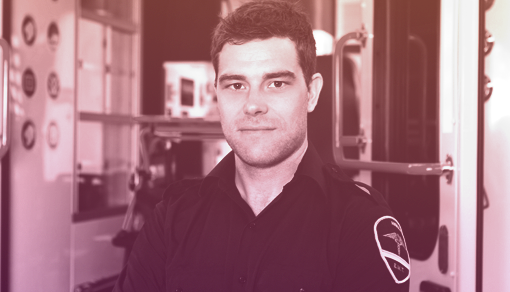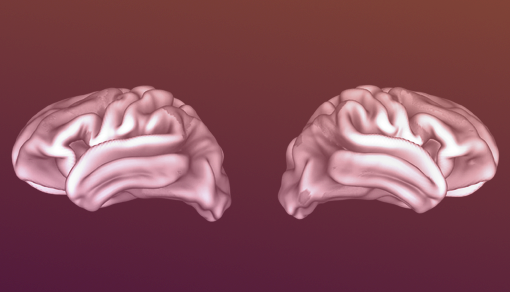Why HEAL?
The opioid crisis in America continues to evolve rapidly and overlaps with other significant public health challenges, including mental illness. Millions of lives are at stake: these are our family members, friends, neighbors, and coworkers. Damage from the opioid crisis reaches across every domain of family and community life:
- Lost productivity and economic opportunity
- Intergenerational and childhood trauma
- Extreme strain on community resources, including first responders, emergency departments, hospitals, and treatment centers
An all-hands-on-deck approach is necessary, and science is an essential component of the solution. The NIH HEAL Initiative is developing and delivering tools and treatments to help end the opioid crisis. The initiative brings together scientists, community members, the private sector, and multiple levels of government.
HEAL’s Overarching Themes
To achieve a balanced yet targeted research portfolio, HEAL centers its efforts around four overarching themes. Given the varied challenges posed by the intertwined crises of opioid misuse and addiction and ineffective pain management, HEAL research must be similarly varied in its scope. Challenges for finding new treatments for pain and addiction are starkly different from determining ways to increase access to evidence-based strategies. HEAL researchers seek to advance health equity in care systems – ensuring that all people can receive the treatments and services they need, regardless of their race and ethnicity, sex, age, income, or where they live.
Focus on whole-person, patient-centric research
HEAL researchers are meeting people where they are: conducting research with a whole-person, patient-centric focus.

Work With Communities to Bring Research to Life
HEAL research teams incorporate the experience and perspectives of community members, people with lived experience of pain or addiction, and scientists, and these partnerships are making a difference.

Target the Biology of Pain and Addiction
HEAL research is using a targeted approach to explore the underlying biology of pain, addiction, and conditions that accompany both, such as mental illness, and to disrupt the processes that lead to these conditions.

Address Health System Challenges and Inequities
HEAL research is targeting systems that provide care for people of all ages who experience pain, opioid use disorder, or both.


How the NIH HEAL Initiative Seeks Scientific Solutions to the Opioid Crisis
HEAL research uses every tool available to design and conduct impactful research that will produce scientific solutions. This research spans the entire research lifecycle from basic science to implementation research. For example, HEAL investigators:
- Develop and test new compounds in the laboratory that stop pain signals;
- Use animal models to learn how opioids and other drugs affect the brain;
- Study the safety and effectiveness of new medications for pain or opioid use disorder in animals and humans;
- Conduct large clinical trials of new ways to manage pain without opioid medications;
- Explore how treatments that are effective in clinical trials can be made available in communities to all people who can benefit from them;
- Work closely with communities to implement programs for prevention, harm reduction, and recovery
Making a Difference
Read research findings that are making a difference to people’s lives across America through strong partnerships with federal agencies, the private sector, research institutions, and communities.
Publications and Data
See research results and data from the initiative and learn more about the HEAL Data Ecosystem.
News and Events
Stay informed about the latest publications, events, and initiative activities.
 U.S. Department of Health & Human Services
U.S. Department of Health & Human Services
